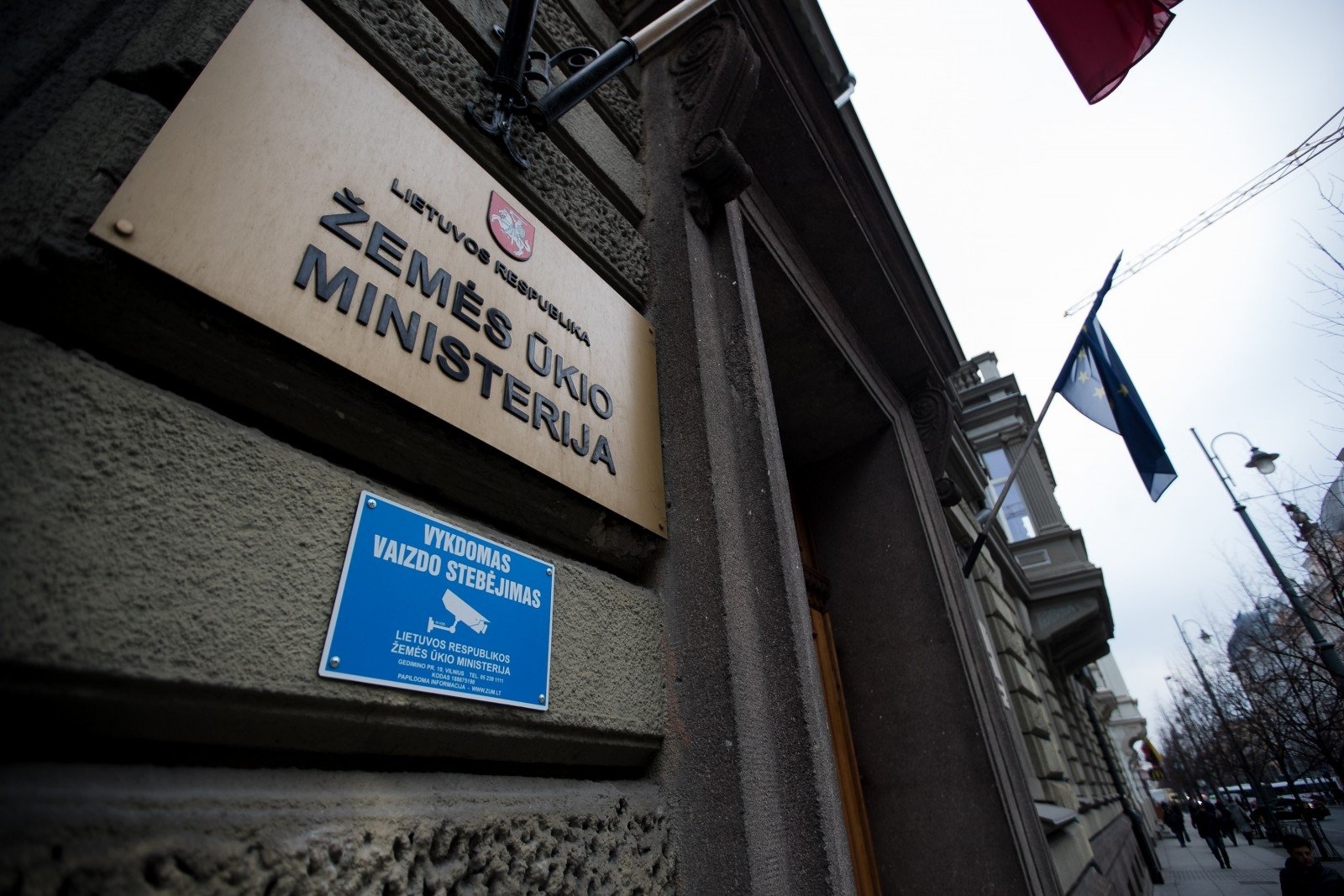November 9, 2021 – Initial studies are ongoing to test medicinal mushrooms and Chinese herbs for treating COVID-19 patients with mild to moderate symptoms.
Mushrooms are being tested as a treatment for Covid vaccine
The first two randomized, double-blind, placebo-controlled Phase 1 studies have started at UCLA and the University of California San Diego to treat COVID-19 patients who have been quarantined at home with mild to moderate symptoms. A third study examines the use of medicinal mushrooms given after COVID-19 vaccines.
The researchers have also started a fourth study testing the mushrooms against a COVID booster vaccination alone. It is studying the effects on people with underlying diseases that would reduce their vaccination response. An article in JAMA last week described the processes.
The two types of mushrooms tested – turkey tail and agarikon – are available as over-the-counter dietary supplements, according to the report. They are a separate class of hallucinogenic or “magic” mushrooms that are being tested for other uses in medicine.
“They’re not even as psychoactive as a cup of tea,” says Gordon Saxe, MD, PhD, MPH, lead researcher on the studies.
For each study, the researchers plan to recruit 66 people who will be quarantined at home with mild to moderate COVID-19 symptoms. Participants will be randomly assigned to either the mushroom combination, Chinese herbs, or placebo for 2 weeks, according to the JAMA paper.
D. Craig Hopp, PhD, assistant director of the extramural research division at the National Center for Complementary and Integrative Health, told JAMA in an interview that he was “slightly concerned” about the use of mushrooms to treat people with active coronavirus Infection.
“We know that a cytokine storm poses the greatest risk to death from COVID, not the virus itself,” said Hopp. “The danger is that an immune-stimulating agent like mushrooms could boost an individual’s immune response, leading to a cytokine storm.”
Stephen Wilson, PhD, an immunologist who advised the studies as chief operating officer of the La Jolla Institute for Immunology, says in the JAMA article that a cytokine storm is unlikely for these patients because the fungal components “do not mimic inflammation.” Cytokines. ”Wilson is now the Chief Innovation Officer at Statera Biopharma.
“We believe that the fungi increase the number of immunological opportunities to better recognize and respond to a particular threat. In the doses used, the mushrooms upset the immune system in a good way, but they are nowhere near promoting hyper- or persistent inflammation, ”said Wilson.
Saxe said the FDA process was extensive and rigorous, and FDA investigators also asked about possible cytokine storms before approving the studies.
Cytokine storms aren’t a problem with a healthy response, Saxe emphasized. It’s a response that isn’t balanced or modulated.
“Not a crazy concept”
Saxe pointed out that one of the mushrooms in the combination they used – Agarikon – was used to treat lung infections 2,300 years ago.
“Hippocrates, the father of Western medicine, used mushrooms,” he said. “Penicillin comes from mushrooms. It’s not a crazy concept. Most people who oppose this or are skeptical – to some extent, it’s a lack of information. “
Saxe explained that there are receptors on human cells that bind certain fungal components.
“It goes hand in hand,” said Saxe, and so mushrooms can regulate the behavior of immune cells, which could have an effect against the coronavirus.
Daniel Kuritzkes, MD, director of the infectious diseases division at Brigham and Women’s Hospital in Boston, who did not participate in the study, said he was not surprised the FDA approved the studies.
“As long as you can demonstrate that there is a reason to do the study, and you have some safety data or a plan to collect safety data, they are pretty liberal about doing early-stage studies. It would be a very different topic, I think, if they suggested doing a study on the actual approval or approval of a drug, ”says Kuritzkes.
It is still unanswered which component of the mushrooms or herbs has the effect. It will be a challenge, he said, knowing from one batch of compound to the next that you have the same amount of material and that it will have the same effectiveness between batches.
Another challenge is how the mushrooms and herbs might interact with other therapies, Kuritzkes said.
As an example, he cited St. John’s wort, which is problematic in HIV treatment.
“If someone determined HIV drugs if you take and also take St. John’s wort, it basically causes the liver to eat up the HIV drug and you don’t get enough of the drug, ”he said.
Although there are many challenges ahead, Kuritzkes admitted but added that “this is a great place to start”.
He also pointed out that many traditional remedies made from plants have been discovered.
“The most famous of these is quinine, which comes from cinchona bark, which was used to treat malaria,” Kuritzkes said. Often used to treat heart failure, digitalis comes from the fox glove plant, he added.
He said it was important to remember that “people shouldn’t be looking for experimental therapies instead of proven therapies, but should think of them in addition to proven therapies.”
–


